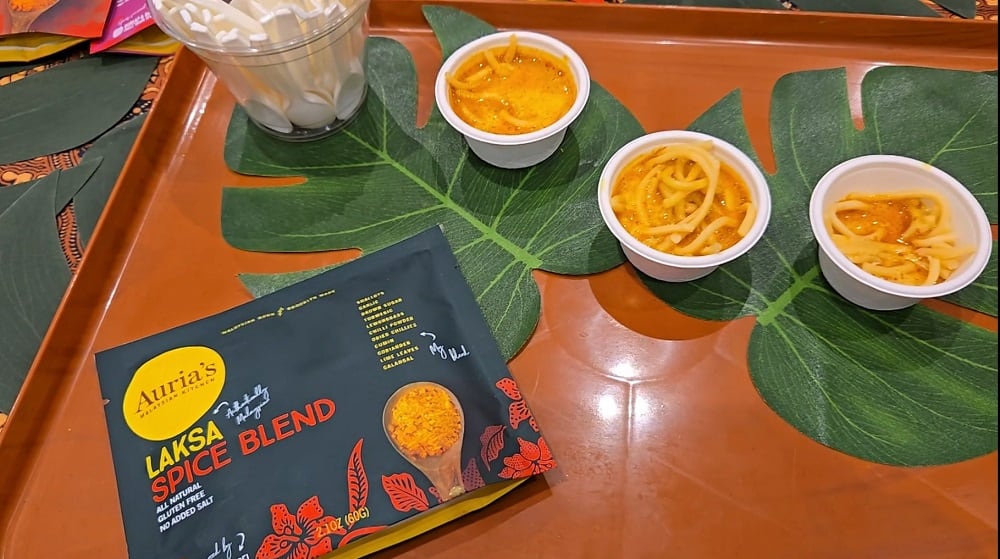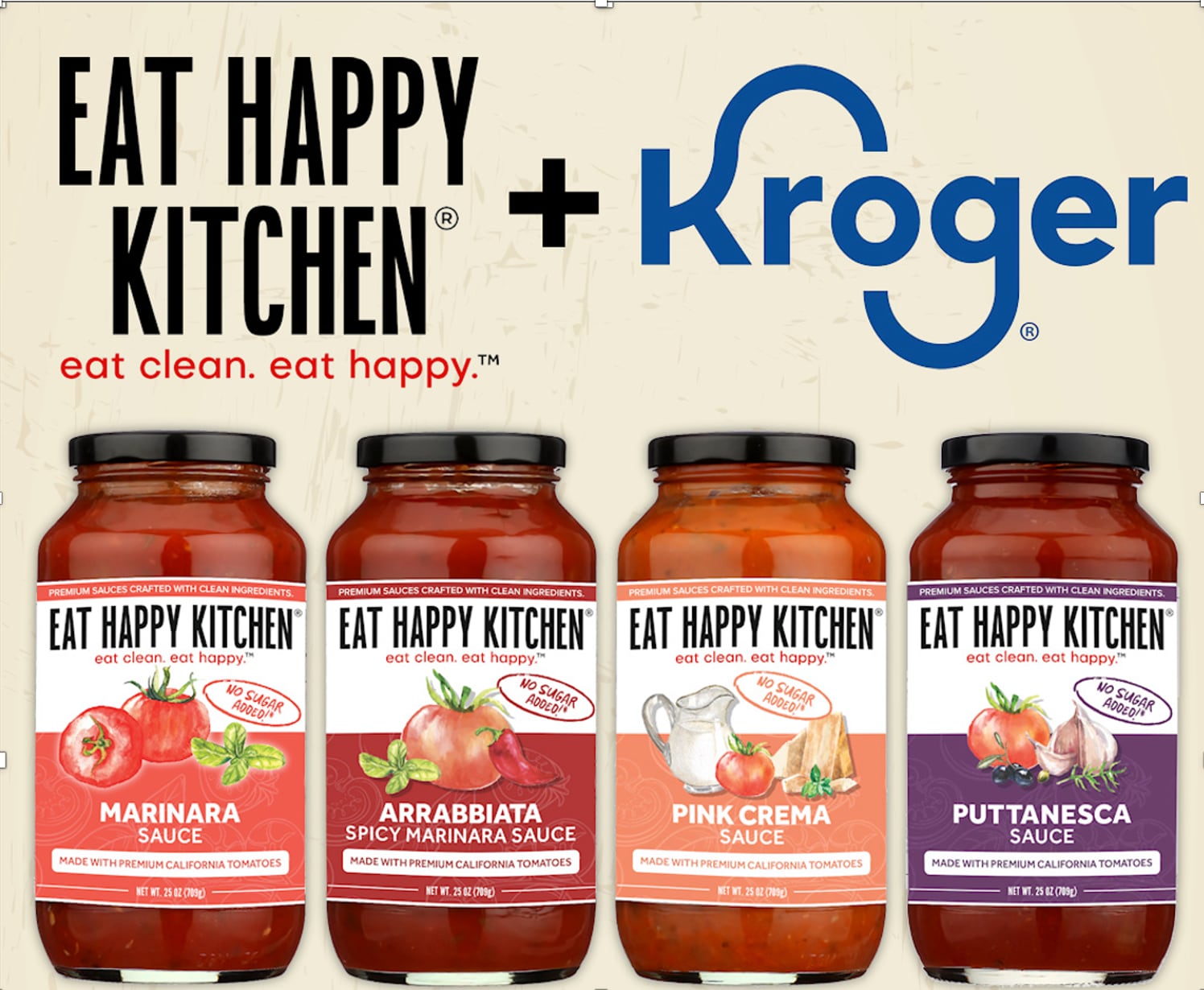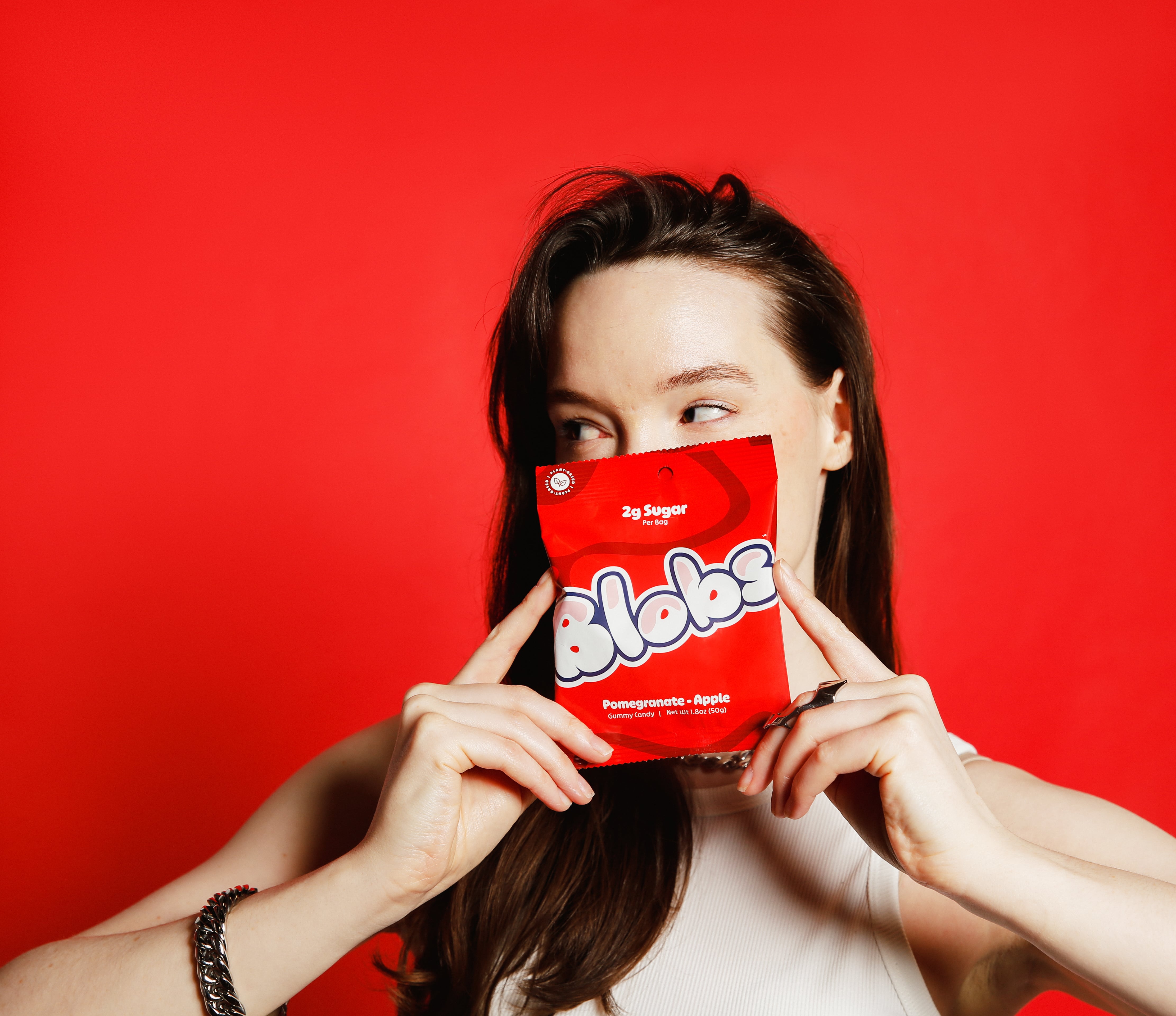Many CPG entrepreneurs believe casting a wide net for consumers will maximize exposure and boost sales, but meal bar brand ReadyBar’s founder warns the opposite is true – aiming to be everything to everyone can leave a brand resonating with no one.
“The entire go-to-market strategy for ReadyBar is built around the fact that 80% of startup CPGs fail in the first few years because they don’t get enough traction. They are trying to hit everyone’s needs all at once. The reality of CPG in the United States today is that we’ve got hundreds of niche markets. How can you create one product that fulfills the needs of hundreds of different niche markets?” said ReadyBar Founder and CEO Ryan Dowdy.
Operating on the premise that a brand can not meet the needs of all consumers, Dowdy decided to target one group – first responders – and create a product that address their specific needs.
How big of a niche base does a CPG company need to succeed?
The result: ReadyBar – a 500-calorie meal replacement bar that looks and tastes like “real food,” and which is packed with protein for satiety. The brand’s PB&J bar is made of oats, pea protein, rice protein and real strawberry preserves layered in middle so the bar looks like the classic sandwich.
It also includes ingredients that Dowdy says support “decontamination” and recovery for first responders who have physically demanding jobs in high stress environments where they are exposed to chemicals.
“ReadyBar is different because it replaces an entire meal. It is not just a snack. And not only that, it includes vitamin E and omega-3s as anti-carcinogens and anti-inflammation compounds to help people recover after work,” Dowdy said.
He explained that cancer is the No. 1 cause of death in the line of duty for firefighters.
“The biggest movement in the first responder community right now is health and wellness. Within firefighters particularly it’s figuring out what we can do to counteract the effect of all the carcinogens, all the smoke that they get exposed to over the course of their occupation,” he said.
Advice from founders to founders
Check out more episodes from FoodNavigator’s Startup Spotlight series, featuring entrepreneurs behind emerging food and beverage brands.
Salad Sprinkles takes aim at 'big crouton,' expands from DTC to retail: Salad Sprinkles' gluten-free, rice-flour topping has gone from TikTok virality to retail shelves, backed by a lean startup strategy and plans for retail expansion
Private label, public impact: Startup Mamame outsources consumer education to retailers: The Indonesia-based brand uses retailer partnerships to introduce US consumers to tempeh chips - turning a low-cost trial tactic into a long-term strategy for awareness and growth
Azabu Foods puts umami front and center with debut condiment: The startup is taking a measured approach with its globally inspired Umami Everything sauce, soft launching in select markets to ensure production keeps pace with growing demand
‘Let it go, to let it grow’ – Auria’s Malaysian Kitchen founder shares how to delegate to avoid being relegated: ‘The biggest aha moment that I’ve had in my business. If you are holding on to it, it can’t grow. You have to l et it go, to let it grow. And that means hiring people,’ Founder Auria Abraham shares in this Startup Spotlight
When life gives you peppers: WIPS turns a family recipe into a scalable brand: The startup brings generations-old family recipes of West Indies hot sauce to shelves with support from the entrepreneurial community
“So, whether you’re a firefighter, whether you are a Coast Guard rescue swimmer, and you get exposed to a lot of jet fumes, whether you are an EMT and you get exposed to a lot of pathogens. ReadyBar offers something for people across all first responder disciplines,” he added.
While targeting first responders is niche, Dowdy argues it is also a sufficiently large base to support a growing business.
“There are 4.6 million first responders in the United States. It is an enormous user base. And if we just get first responders to eat ReadyBars, that is a $10 million annual business right there,” he said.
“From there, we found out that endurance athletes are very interested in our product. Healthcare workers, even commercial spaceflight companies,” he added. “So, we’re so excited about the traction we’ve been getting with our go-to-market plan, and we’re excited to see where it grows.”
Out-of-this-world technology
The inspiration for ReadyBar came from Dowdy’s time working at NASA, where he lead the food system for the International Space Station and was focused on creating an entire meal in a single package.
When he began looking for applications on Earth, he teamed with experts who represented the type of consumer he had in mind.
This included Jason Quinn, a US Coast Guard rescue swimmer and the host of The Real ResQ Podcast; Aaron Zamzow, a career lieutenant, EMT and strength coach who founded Fire Rescue Fitness; and Jennifer Rochlis, an entrepreneur and executive coach who runs an aerospace consulting firm.
“From the beginning, we started doing co-development with our target market, and every iteration that we did, we checked in with our advisors” to ensure it remained focused and functional, Dowdy said.
ReadyBar’s long shelf helps it standout
Another way that ReadyBar is formulated specifically for first responders is its two-year shelf life, which allows consumers to include it in their go-bag and know it is there when they need it.
The company was able to ensure the long shelf life in part from its packaging, which is the same packaging NASA uses, according to Dowdy.
Also part of the company’s “secret sauce” is a special method to process and preserve the omega-3s in the bar from chia seeds so that they do not oxidize, he added.
Wanted: Mission aligned investors
The brand has generated substantial buzz and is ready to kick off its seed fundraising round soon, Dowdy said.
“The kind of funding partners that we’re looking for are mission-aligned individuals,” he said. “There is an enormous amount of investors in the United States that are either first responders or ex-first responders or they support frontline workers.”
He said he also sees funding potential through partnerships with investors focused on addressing cancer in firefighters.



